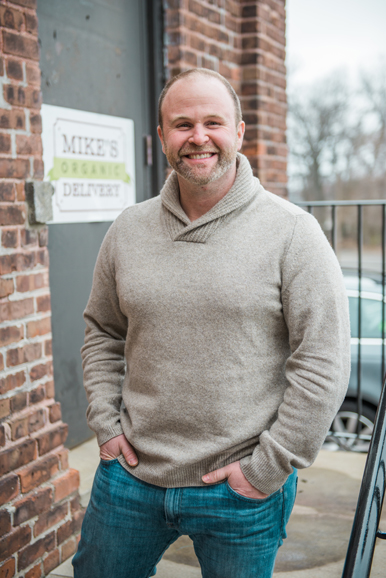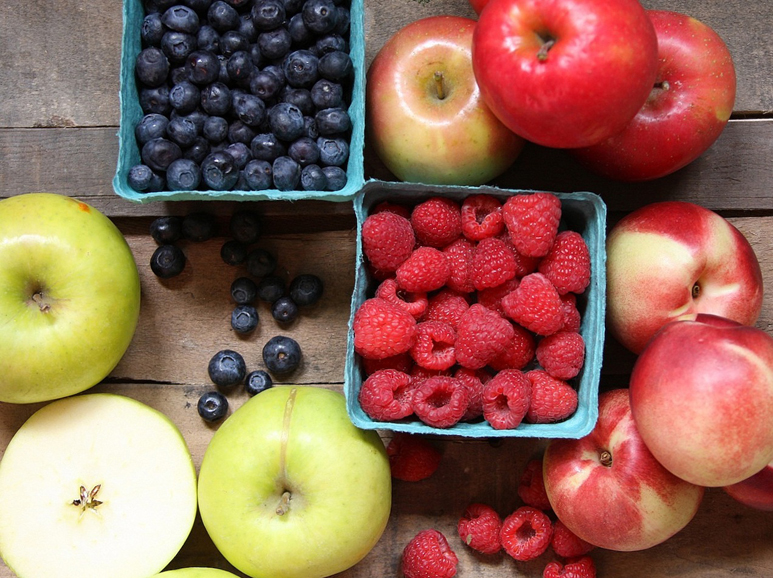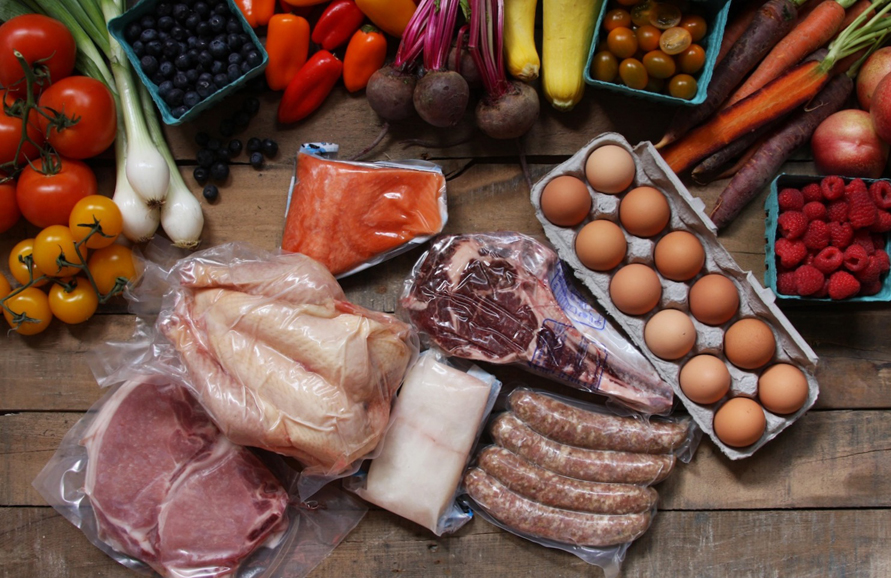Frustrated with a decade-long career in marketing, Mike Geller went to the desert.
The Kalahari Desert in Africa, specifically. He spent three months there, starting in July 2008, and worked out of a photography camp in Botswana, hunting food for himself and three others.
It was there, Geller says, that an idea started eating away at him: The way we get our food is totally wrong.
“I went into a supermarket in Botswana and all the food there was better than what you get at Whole Foods here,” he says. “And I just couldn’t figure out how or why that was.”
Four months later, Geller was back in his hometown, Greenwich, and launched a business aimed at solving that very problem. He called it Mike’s Organic Delivery, a middleman between farmers and consumers, delivering fresh veggies, fruits and meats straight from the farm to people’s doorsteps.
As far as company origin stories go, three months in the African desert is a particularly engaging one: Geller recalls being charged by a leopard and narrowly escaping the jaws of a cobra. But it’s clear Geller emphasizes his business’ origin story for reasons beyond just that. In the fresh food market, a personal story appeals to customers far better than any premium placed advertisement.
“One thing people spot in this sector really quickly is a lack of authenticity,” Geller says.
He built his business slowly, telling his story and plan to friends and former teachers. He started with $25,000 of his own money, running it from his parents’ home. Mike’s Organic Delivery launched in 2009 with about nine customers and four farms.
This year, Geller expects 500 customers to sign up for the summer season in 23 municipalities in Westchester and Fairfield counties.
As his business grows, he says the most important thing is helping out farmers.
“These are people that genuinely care about you and me and the planet and, heaven forbid, doing things responsibly,” Geller says.
The delivery service sources almost solely from farms within a 50- to 60-mile radius, with the exception of products that aren’t available in New York, such as salmon from Alaska, tuna from Oregon and walnuts from California.
Geller and two other full-time employees personally drive to farms weekly to pick out what is fresh for delivery. From there, the food is packaged and driven out of a warehouse in Stamford. Geller moved the business there from his parent’s house three years ago.
The turnaround is quick. Fruits and veggies usually arrive at a customer’s door 12 to 36 hours after they were first picked.
And Geller is expanding what can arrive at your door. He started a working relationship this year with the popular Mill Street Bar & Table restaurant in Greenwich. Upon order, Mill Street will provide specialties such as flatbread pizzas and gluten-free chicken nuggets delivered to you along with your groceries for the week.
Baskets all start with a basic fruit-and-veggie combination but can be customized to include an assortment of meats, cheeses and other specialties. Customers can adjust for dietary restrictions as well.
Baskets come individually, starting at about $50 for the basic fruits and veggies, or as a package for the summer or winter season, which starts at $1,350 for 23 weekly deliveries.
When Mike’s Organic Delivery began, the company was early to the food delivery model. “There was no else doing this,” Geller says. But now, the food delivery market is exploding. Online grocery delivery is a billion-dollar industry, led by national brands such as HelloFresh and Blue Apron. Even The New York Times is getting in on the act. It announced in May that it would start making home deliveries of ingredients from recipes listed on its website.
But Geller doesn’t appear too worried about the competition. Sure, he’s competitive and says he wants to beat them, but he may be playing a different game altogether. He’s focused on growing a customer base just within Fairfield and Westchester, not going national. And in this region, he says, the big companies can’t compete with the relationships he’s built with local farmers.
“I got married in October and had 20 farmers at my wedding,” Geller says. “These are not suppliers to me. They are people we see every Monday for seven years.”
This connection gets back to the “‘a-ha’ moment” in the desert, as Geller described it. He believes there is simply too little of a connection between people and the food they eat.
On the wall of his warehouse in Stamford, he mounted a dozen taxidermy deer heads, gathered from yearly bow hunting trips around the country, and even back in Africa. He says he gets that some people don’t like hunting, but believes all meat eaters should go at least once. If they did, he reasons, “they’d eat a lot less meat.”
“You are so disassociated from that food, that animal, that you don’t realize something died,” he says. “An animal died so that you can eat it.”
That goes beyond meat, too. Mike’s Organic Delivery’s website features profiles and pictures of each farmer who supplies the company, adding transparency to the process.
“We have the right as consumers,” Geller says. “We should know what is in our food and where it came from.”
For more, visit mikesorganicdelivery.com.






